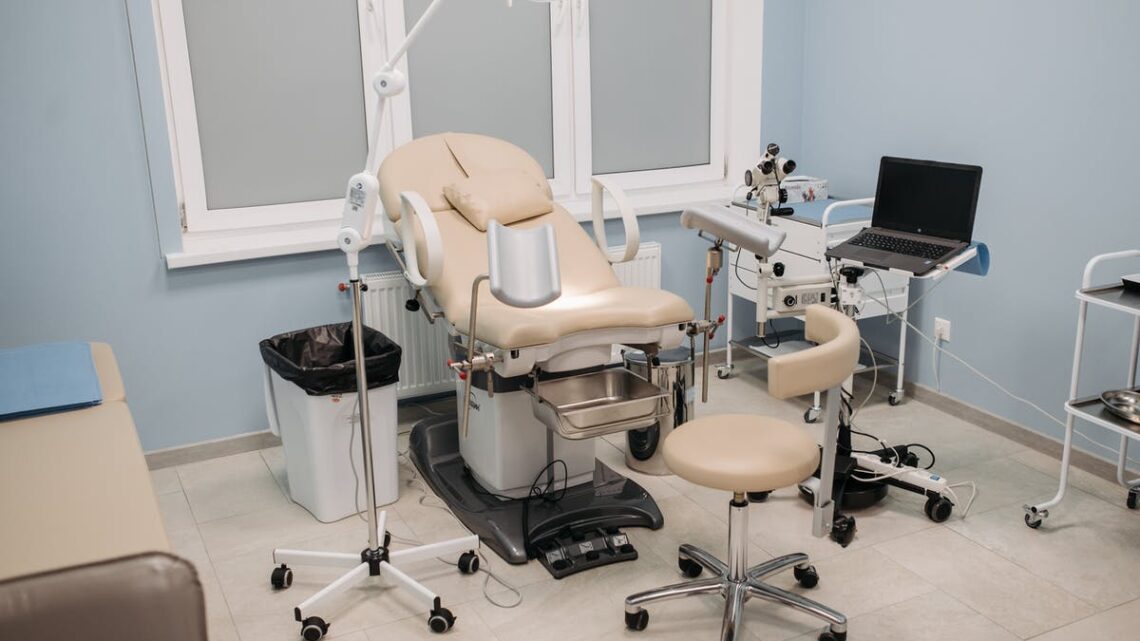
Dental Conditions Considered as Emergencies
November 11, 2022Even though tooth pain has the potential to drive anyone crazy, some individuals would instead take pain medication and put off going to the dentist. Nonetheless, there are times when prompt action is required to save the tooth and take care of dental health.
Dental emergencies typically catch people by surprise and require immediate attention from dental professionals. The danger of permanent harm increases, and the cost of necessary treatments rises when a dental emergency is ignored. Therefore, you must get immediate attention from an emergency dentist to save your tooth and avoid further difficulties.
Recognizing Dental Emergencies
The majority of dental issues are minor and may be treated easily. You don’t need to bring it up with your dentist until your twice-yearly checkup and cleaning. However, there are instances when more pressing matters must be dealt with immediately. Since dental emergencies can occur at any time, understanding when to get in touch with a dentist is crucial.
1. Abscess
An abscess is an infection that can occur on the gums at the tooth’s root or in the space between two teeth. Abscesses are painful and can lead to tooth loss. Infections usually result from untreated cavities or gum disease. Abscesses can also form due to physical trauma to the mouth, causing a tooth to be chipped or cracked.
Such an infection can spread swiftly and harm teeth and tissues. Dental abscesses are typically accompanied by symptoms such as foul breath, fever, a poor taste in your mouth, pus, and swollen glands.
2. Severe Toothache
In the case of a minor toothache, you can find relief with nonprescription pain relievers. But severe toothaches mean you need a dentist urgently. Symptoms of more serious issues, such as dental caries, impacted wisdom teeth, or periodontal disease, may include persistent or severe tooth pain.
To help you feel better quickly, an emergency dentist in Easton, PA may provide over-the-counter or prescription pain relievers. On the other hand, they’ll utilize x-rays and other diagnostic tools to determine what’s causing your tooth pain. The dentist’s official diagnosis of the pain’s source will determine the course of treatment.
3. Gum Bleeding
When you skip flossing for a while, it’s common to have some bleeding. It’s not a dental emergency, but it could indicate gingivitis. However, it may be time to visit a dentist, or you can check their emergency dentistry page if you experience excessive and constant tooth bleeding accompanied by painful gums.
Gums that bleed and hurt indicate the early stages of gum disease. You need to take prompt action to preserve your natural teeth. After all, preventing gum disease from progressing to the point where you need an expensive implant requires early detection.
4. Broken Teeth
Oral trauma can result from a variety of situations. It doesn’t matter if you get a cracked or chipped tooth from a vehicle accident or a sports activity; the pain can be intense and create further complications.
Teeth that have been chipped or cracked can often be repaired. A reputable facility like Tencza Dental can glue a broken piece back if your tooth is in good shape. In most cases, your dentist will use a white filling to fix a tooth with minor cracks or breaks. A root canal or tooth extraction and implant may be necessary if your tooth is severely damaged.
5. Loose or Fallen Tooth
A loose tooth is never normal for an adult. A loose tooth should not be ignored because it may be a symptom of something more serious, even if there is no discomfort.
Your teeth may deteriorate, so if you notice this, you must take immediate action before the situation worsens. If a tooth falls out completely, don’t throw it away; restorations can sometimes be done on the missing tooth.



